A new theory proposes gravity isn’t a fundamental force but emerges from quantum electromagnetic interactions, potentially reshaping our view of spacetime itself.


A new theory proposes gravity isn’t a fundamental force but emerges from quantum electromagnetic interactions, potentially reshaping our view of spacetime itself.
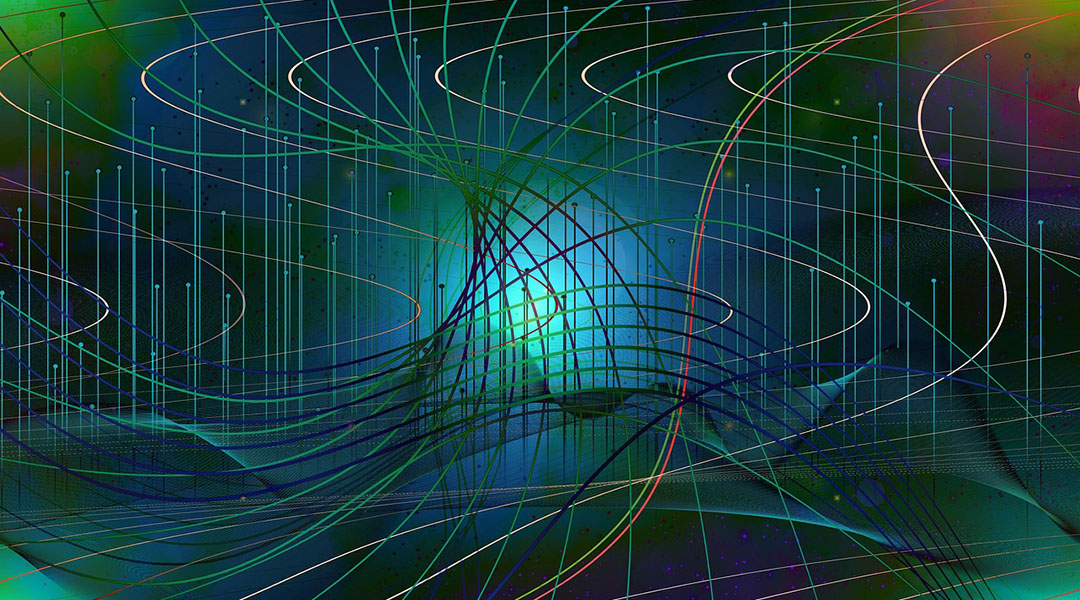
Scientists created flexible probabilistic bits from custom polymers, offering a new, energy-efficient path for AI and machine learning using classical physics.

Subtle inflaton interactions may reshape our understanding of cosmic inflation, altering predictions about dark matter, black holes, and gravitational waves.
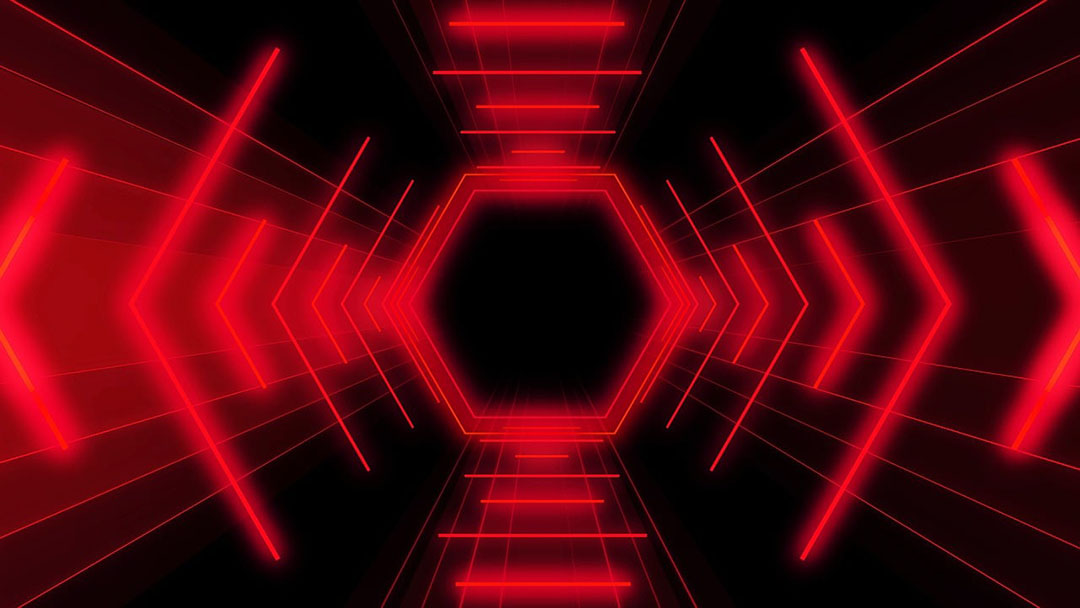
SLAC scientists created ultra-dense electron beams with five times the peak current, using infrared lasers to unlock new frontiers in physics and materials research.

Scientists assume that inflation was driven by hypothetical inflaton particles, which scientists think could be the Higgs boson.
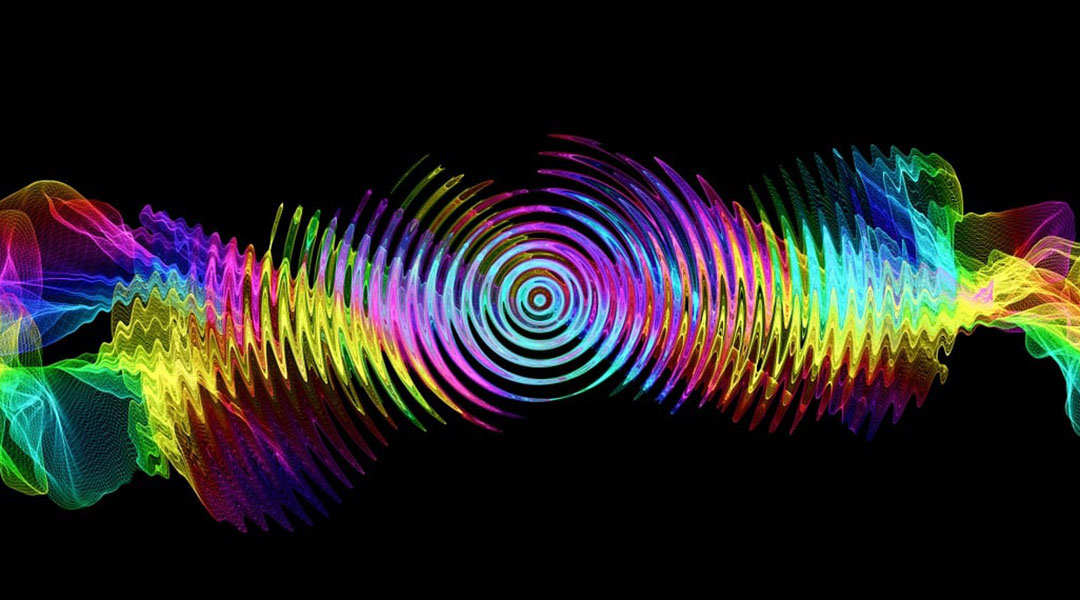
“We’ve essentially reworked the standard recipe for making organic light emitting diodes, like those found in smartphones.”
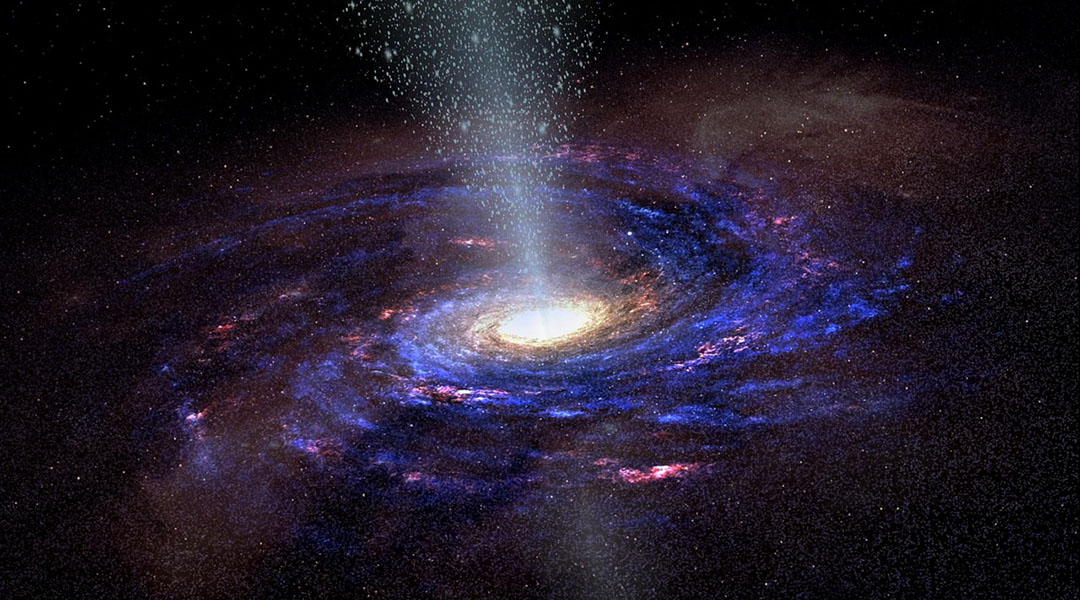
Dark matter could be composed of much lighter particles, with masses roughly ten times smaller than that of a proton.
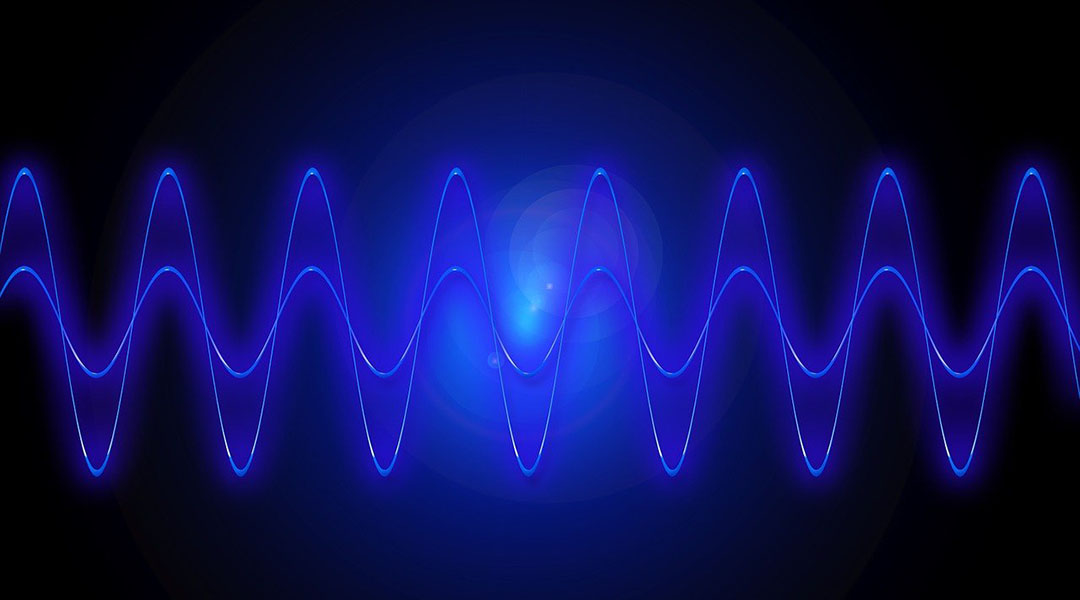
If experimentally proven that gravity is classical, we will have to start from the beginning in a search for a satisfactory ontological picture of the world.
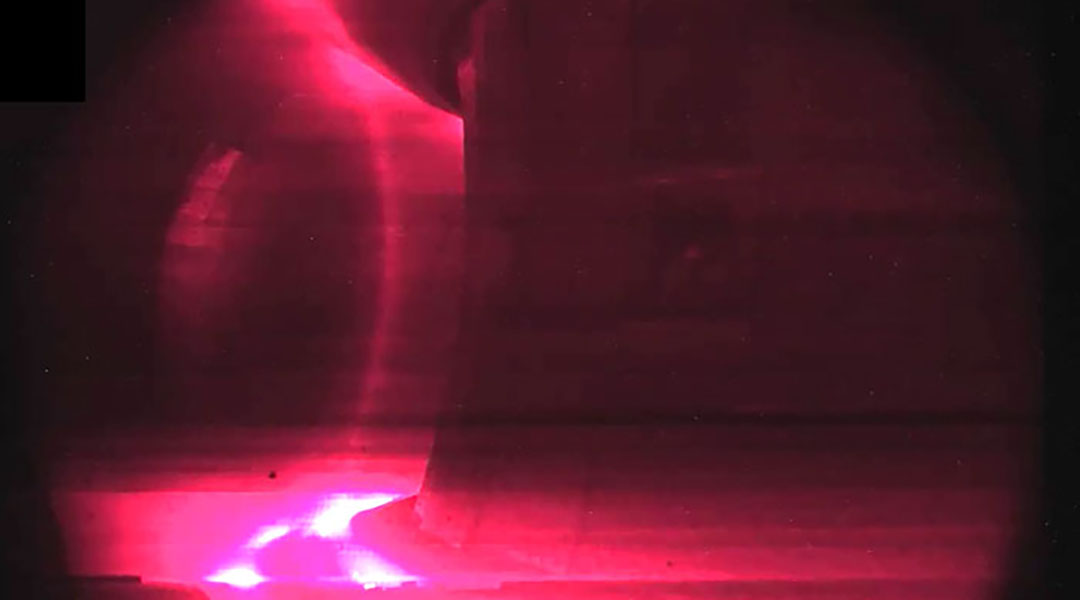
Scientists at the WEST tokamak in France set a new plasma duration record, bringing us closer to achieving nuclear fusion for clean energy.
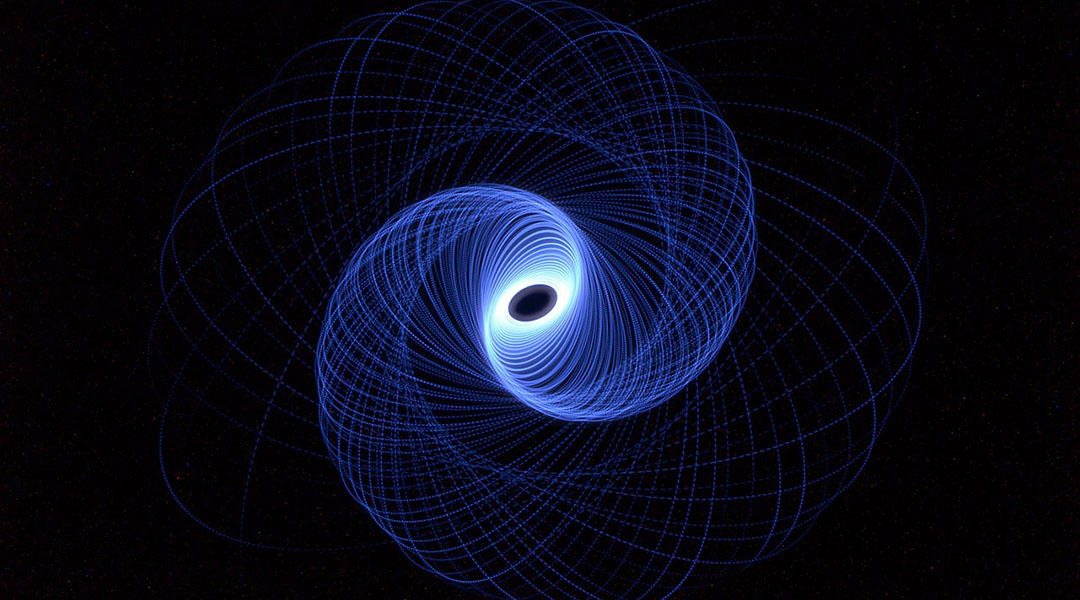
Harnessing skyrmions’ random motion and low energy requirements, this discovery could lead to more efficient and powerful computing technologies.